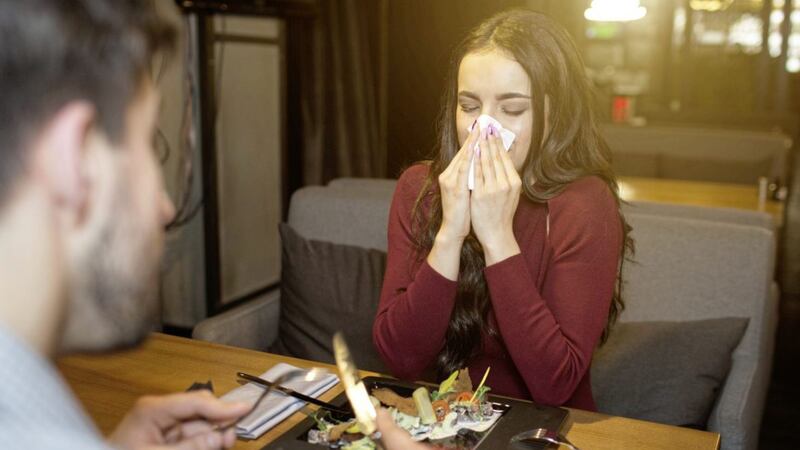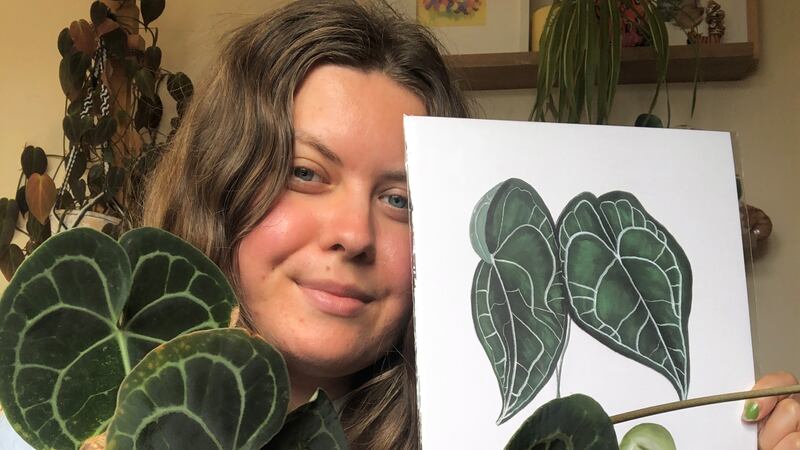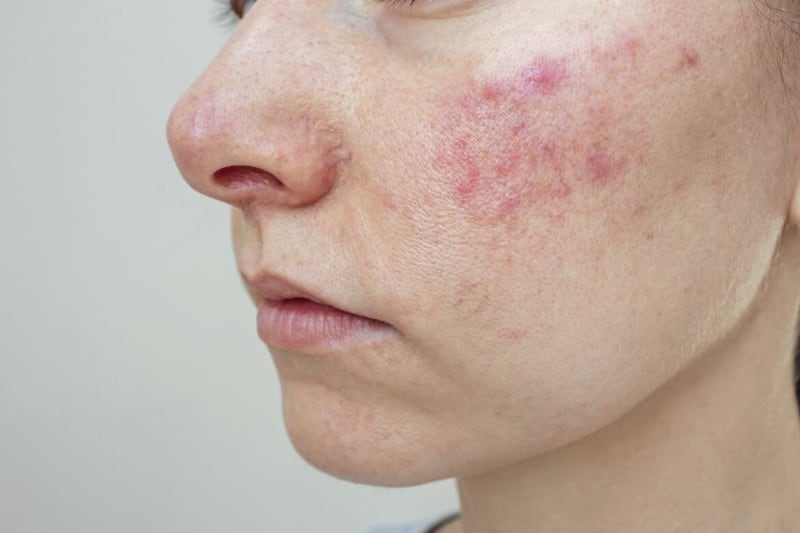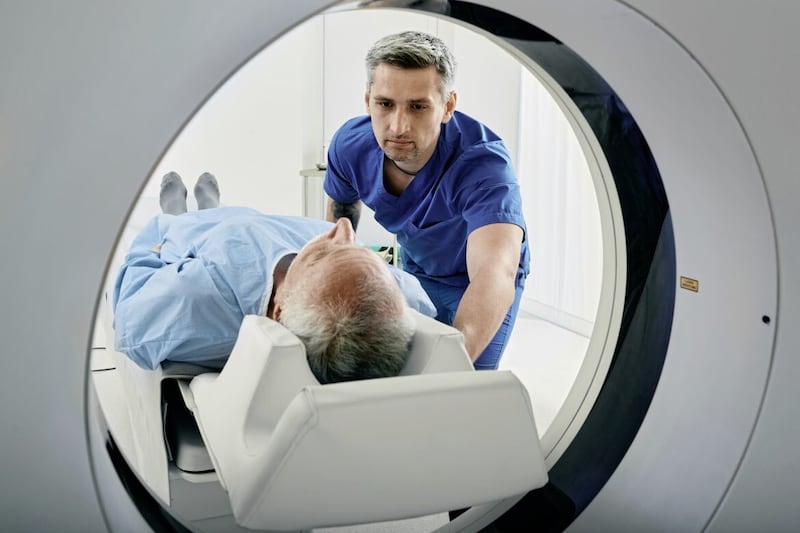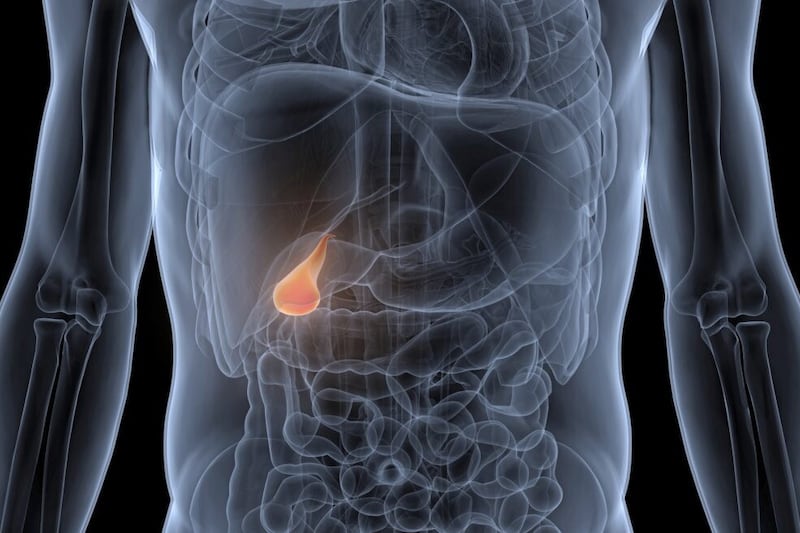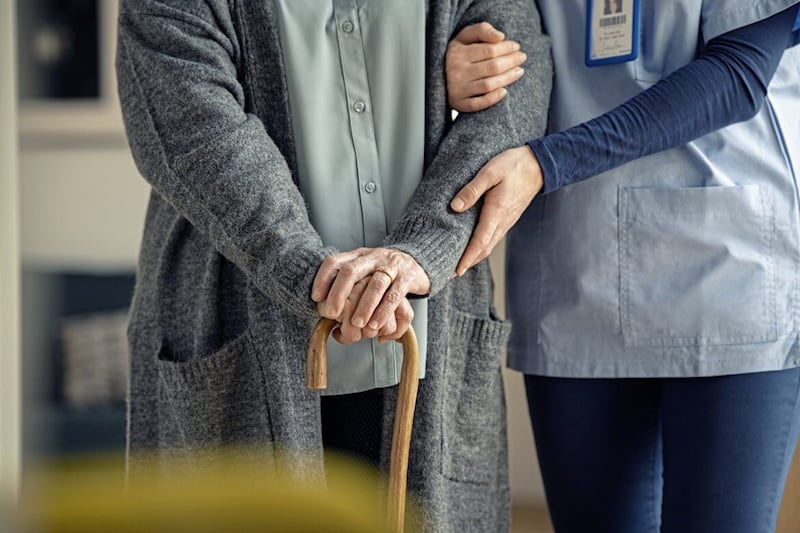Q: FOR several years now, my wife has had attacks of five or six sneezes after every meal. She finds it embarrassing. Could her daily dose of lisinopril be responsible?
WS
A: How unusual. This may be a variation of gustatory rhinitis – where eating stimulates nerve endings in the nose, resulting in congestion and a watery discharge.
In your wife, this may have manifested as sneezing. However, this tends to happen only after eating hot or spicy food.
In classic cases, it is usually treated with the nasal spray ipratropium, which opens up the airway. It may be effective on the sneezing, too.
Your wife’s lisinopril, used to treat high blood pressure, is an ACE inhibitor which makes blood vessels dilate. This may cause a dry, persistent cough due to substances building up in the respiratory tract.
If your wife has suffered this sneezing only since starting the drug, then the attacks may be related to this. If so, it is worth asking her GP if there is any alternative medicine she could take.
Q: MY HUSBAND, a talented accordionist, had a bad stroke affecting his right side four weeks ago. He has no feeling in his arm or dominant hand. Do you know of any new treatments he can try?
Name and address supplied.
A: Everyone recovers differently. Some have no lasting effects; others lose important brain functions and are left with a degree of disability. There is evidence that musicians’ dexterity gives them a greater capacity for recovery – perhaps because practising has left their brains more adaptable – so I urge you to stay optimistic.
Initial treatment may involve reopening clogged arteries and preventing new clots, or reducing damage caused by brain bleeds. The greatest degree of recovery occurs in the first three to six months. Evidence suggests it is best to start rehabilitation right away.
Physiotherapists improve mobility via exercises, while occupational therapists help patients learn how to wash and dress, for instance.
Speech therapists assist with any difficulties speaking or swallowing.
It is also important to reduce the risk of a second stroke. This usually means drugs to lower high blood pressure, statins to lower cholesterol, and strict control of diabetes, if this is a factor.
Your husband will be encouraged to eat healthily, exercise, only drink alcohol in moderation and give up smoking if he does it.
Sadly, there aren’t many new treatments – but sticking with the physiotherapy is vital. It may encourage the brain to form new connections which improve movement.
Studies also find that musicians who return to their instrument during recovery make better progress than those who don’t, so encourage your husband to try to play the accordion again.
© Daily Mail
